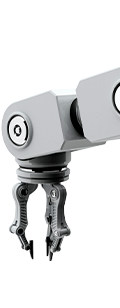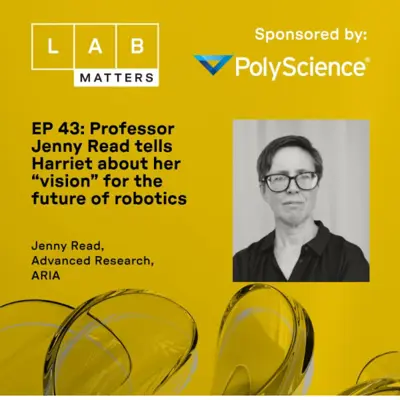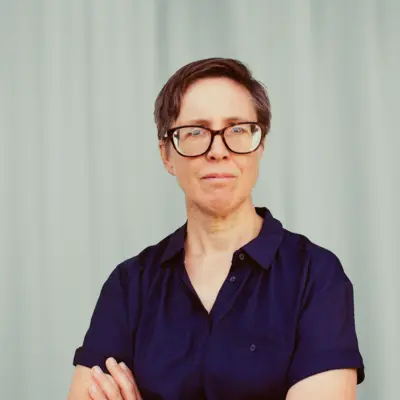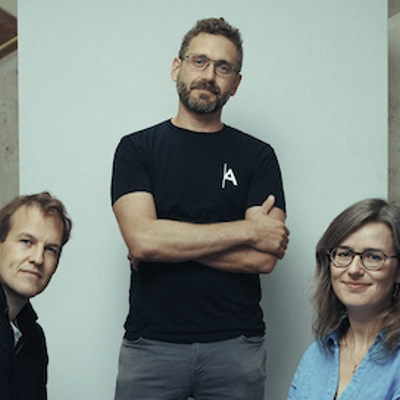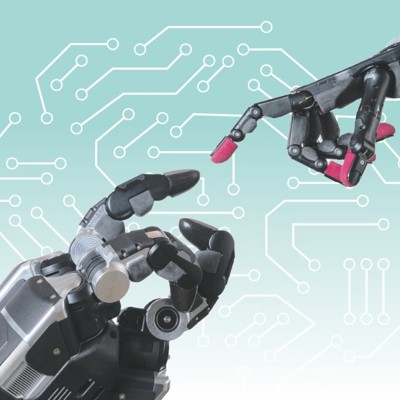Our goal
To release the bottlenecks in robotic dexterity and create vastly more capable and useful machines.
Breakthroughs in AI are transforming robotic abilities, but the development of robot bodies has not kept pace with advances in computation. Robots cannot achieve the flexibility, speed, and precision of human manipulation, rendering them useless for many of the difficult or dangerous tasks where we need them most.
The need to improve robot dexterity comes at a critical time. The proportion of the world’s population aged 65+ is expected to triple by 2100, while labour deficits for physically demanding work are set to increase. Robots have the potential to ease these labour shortages and boost prosperity but to do so, we must close the gap between what robots and humans can handle.
We’re funding an array of cutting-edge research across robot hardware and advanced simulation, with the ambition to usher in a new era of dexterity.
Technical areas
This programme is split into three Technical Areas (TAs), each with its own distinct objective:
Novel Hardware
Focuses on innovative components and new approaches to designing and building hardware to enable dexterity.
Socioeconomic Considerations
Focuses on exploring the socioeconomic considerations of increased automation enabled by robot dexterity.
Modularity, Interoperability, Common Standards
Focuses on facilitating modularity, interoperability, and some common standards within robotics.
Explore the funded projects
We're funding teams with expertise across multiple disciplines and a strong institutional mix, spanning startups, university labs, public research institutions, and large companies. Together, they'll bridge the software-hardware gap in robotics, realising the full potential of more dexterous robots to advance human productivity and welfare.
Meet the programme team
Our Programme Directors are supported by a core team that provides a blend of operational coordination and highly specialised technical expertise.

Jenny Read
Programme Director
Jenny Read is a visual neuroscientist, previously trained in theoretical astrophysics. Her work focuses on how we can build smarter bodies for robots through new modes of sensing, transmission of sensory information, and actuation through hardware advances. Jenny joined ARIA from her role as Professor of Vision Science at Newcastle University.

Paul Brown
Programme Specialist
Paul joined ARIA from a project management role at a global market research company. He previously worked on delivering the COVID-19 vaccination deployment programme. Paul holds an MSc in Environmental Technology from Imperial College London and a BSc in Geography from the University of Exeter. Paul supports ARIA as an Operating Partner from Pace.
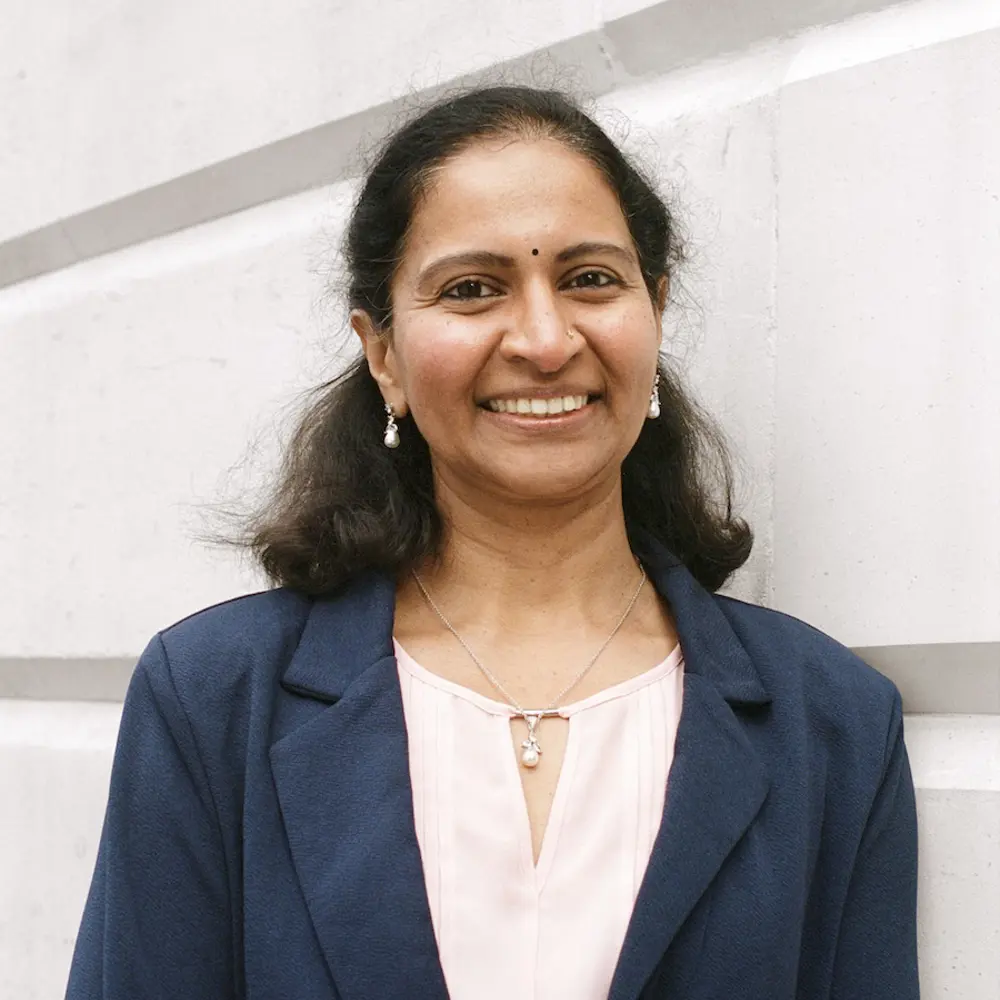
Radhika Gudipati
Technical Specialist
Radhika has fifteen years in the robotics industry and is passionate about entrepreneurship, laboratory automation, and sustainability. She works between engineering and user perspectives, drawing from her roles at Ocado Technology and Shadow Robot, where she focused on robotics research and business solutions. Radhika holds a PhD in robotics for healthcare from the University of Hertfordshire.
Featured insights
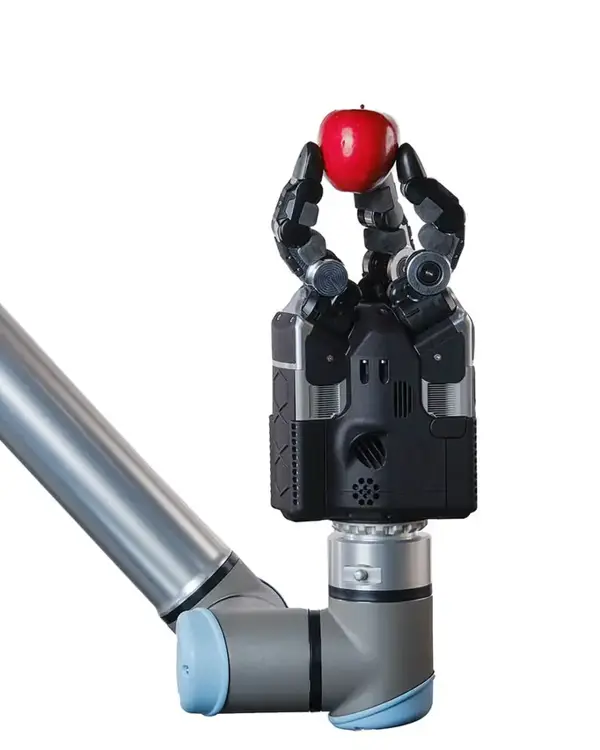
Robots to be given tactile ‘skin’ and dexterous hands
The Observer
A startup working on tactile robotic “skin”, allowing machines to feel objects rather than relying on vision, is among nine projects that received £23.3m in government funding to solve the problem of robot dexterity.
Sign up for updates
Stay up-to-date on our opportunity spaces and programmes, be the first to know about our funding calls and get the latest news from ARIA.

